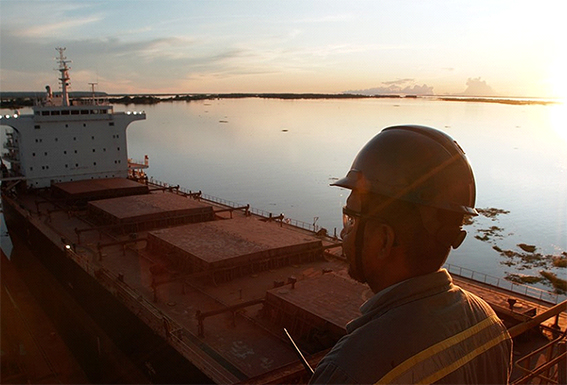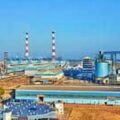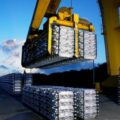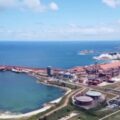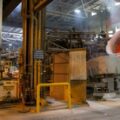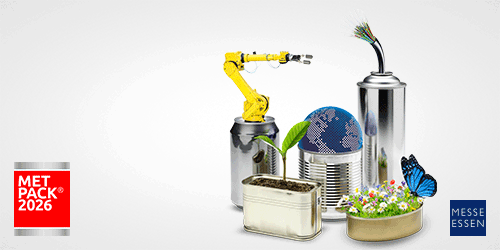Alcoa’s Juruti mine, as part of its commitment to the environment, is undertaking a project to switch from fossil fuel generated power to more sustainable grid electricity. If all goes according to plan, the project will be completed by 2026 and GHG emissions will decrease by up to 35%, while energy costs will drop by up to 40%.
Currently, Alcoa’s Juruti port in Pará, Brazil is not connected to the power grid and is therefore forced to use diesel generators to keep the washing plant running. This remote area needs power to meet its needs.
The project, which aligns with Alcoa’s vision of reinventing the aluminum industry for a sustainable future, will connect the Juruti facilities to the country’s power grid, known as the National Interconnected System (SIN).
The multinational Alcoa signed an agreement for the creation of a transmission line and substation with a length of 51 kilometers. The project seeks to replace the current supply with energy generated from hydroelectric sources, which would produce 10MW of electricity.
“The future of aluminum involves investing in renewable energy sources, such as hydroelectric power, as well as optimizing bauxite mining and the entire production process,” said Otávio Carvalheira, president of Alcoa Brazil and vice president of Operations Brazil and Middle East.
“And, of course, it also involves innovation, with technological improvements expected to enable expanded production while reducing GHG emissions.”
he added.
Alcoa aims to reduce greenhouse gas emissions by 30% by 2025. By 2030, the goal is to reach 50%. The company is also committed to acting in an environmentally responsible manner and achieving net-zero emissions from its operations by 2050.
“By migrating from fossil fuels to electricity, we are not only reducing GHG emissions at the Juruti operations, we are also contributing to Alcoa’s ambition to achieve zero net GHG emissions by 2050.” said Alfredo Duarte, Alcoa’s director of energy in Brazil.
Alcoa has implemented several strategies to reduce carbon emissions at its Brazilian Juruti operation. The Alumar smelter, which is in the process of restarting, will be powered 100 percent by hydroelectric power. In addition, in 2022, Alcoa completed a press filtration project in Poços de Caldas, where bauxite residues are processed, reducing the use of land and water.

